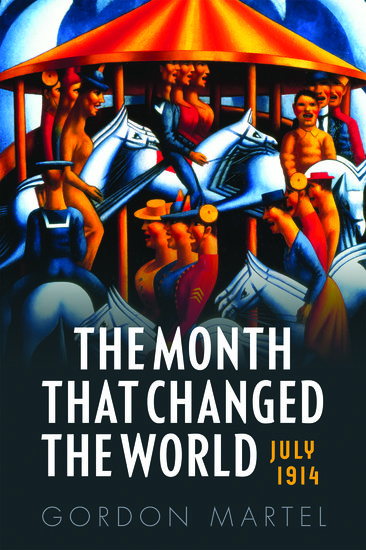The month that changed the world: Friday, 24 July 1914
By Gordon Martel
By mid-day Friday heads of state, heads of government, foreign ministers and ambassadors learned the terms of the Austrian ultimatum. A preamble to the demands asserted that a ‘subversive movement’ to ‘disjoin’ parts of Austria-Hungary had grown ‘under the eyes’ of the Serbian government.

